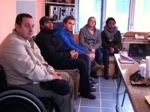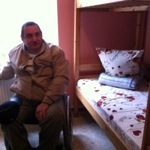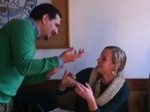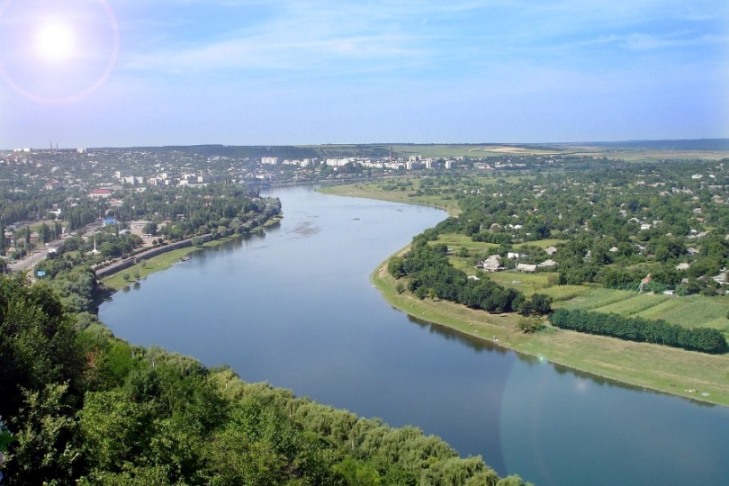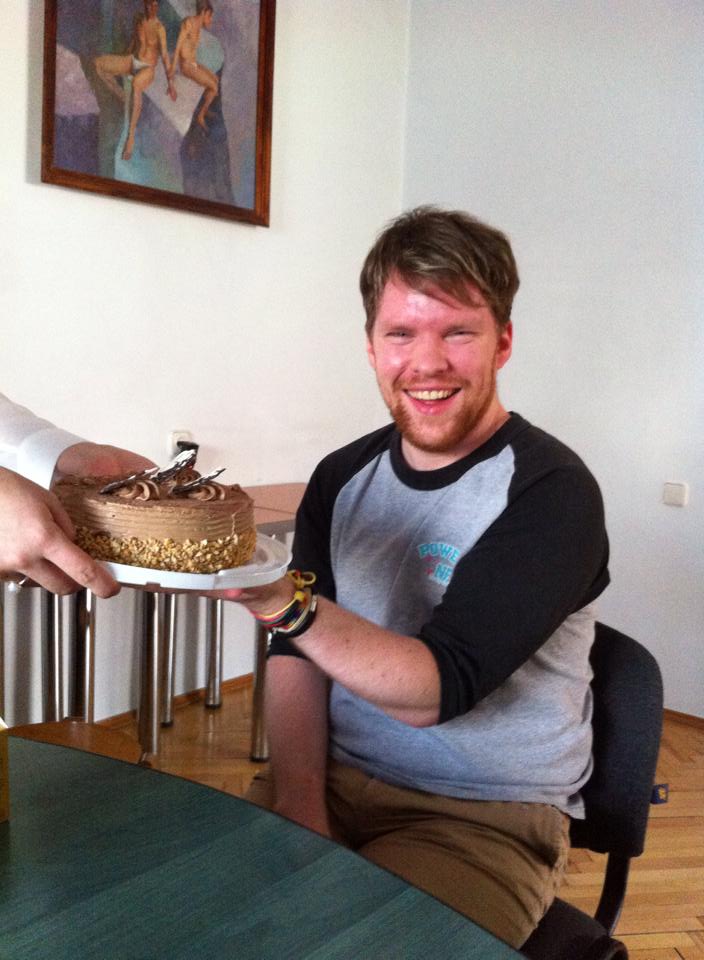
We happened to visit on the Director’s Birthday!
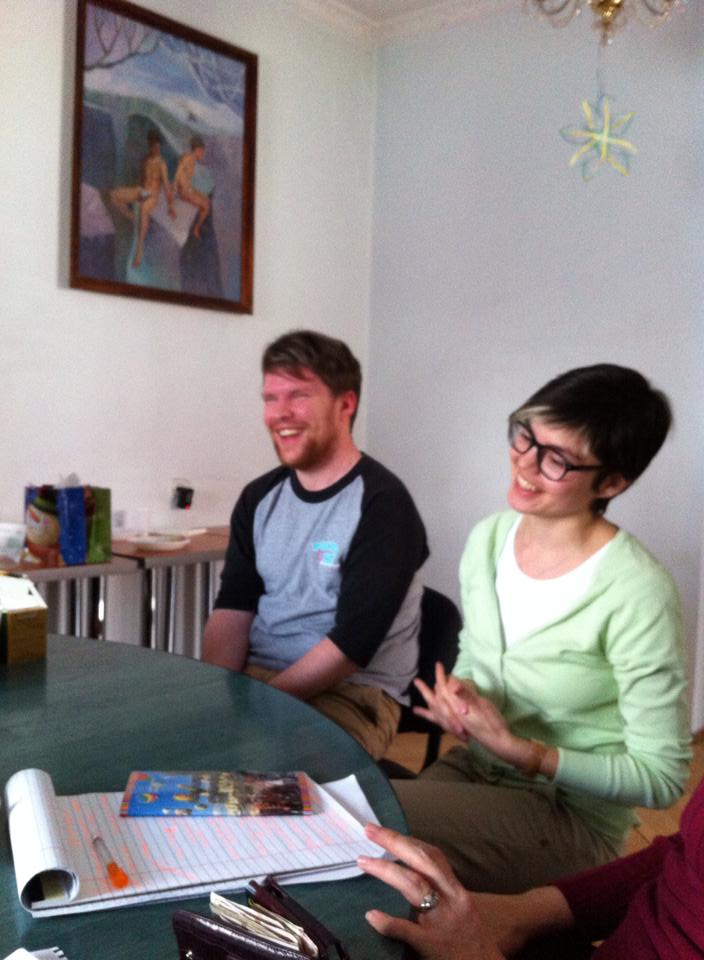
Our Study Abroad group has come across some amazing work being done here in Moldova. The NGO “Gender Doc” is no exception. Since 1988 the staff of Gender Doc have been working towards the goal of “social integration” for LGBT individuals across every part of Moldovan society. They provide an array of services and programs, i.e. outreach, working to raise awareness, providing a safe space, support groups for parents, and much more.
What I found most impressive was the organization’s efforts and successes in achieving justice for victims of human rights abuses and the work they have done to move forward key legislation. For example, Gender Doc lobbied for and helped to draft the first-of-its-kind Anti-Discrimination Law in Moldova. They have also successfully leveraged the power of the European Court of Human Rights in relation to a number of cases of human rights abuse. The European Court intervenes when no justice has been found within a state after all local mechanisms have been exhausted. In one instance, the Court found Moldova guilty of discrimination for blocking the group’s Gay Pride Parade from occurring in the center of the capitol city.
When attempting to understand the barriers LGBT individuals face here, one must consider some very complex factors, i.e. the legacy of Soviet rule, the very high level of “internalized homophobia”, and even the political choices the country is struggling with currently. Should Moldova persist in efforts to join the European Union? Interest in joining the Union has helped to move forward key legislation such as the Anti-Discrimination Law mentioned above. Not everyone in Moldova supports joining the Union, however, and those opposed to gay rights say that it is this effort that has helped to “legitimize homosexuality”.
It is a complicated political landscape here…which I hope to convey in an upcoming post. Those working for democratic reform and advocating for the rights of vulnerable populations have a lot at stake with an upcoming election that is fast approaching.
In the meantime, Gender Doc staff are truly helping to break new ground here in Moldova, and we applaud their work!
See Amnesty International Report on Gender Doc march: Historic Gay Pride Parade in Moldova
For a listing of human rights violations by European states, including the Republic of Moldova, see: European Court of Human Rights: Violations by State http://www.echr.coe.int/Documents/Stats_violation_1959_2012_ENG.pdf


